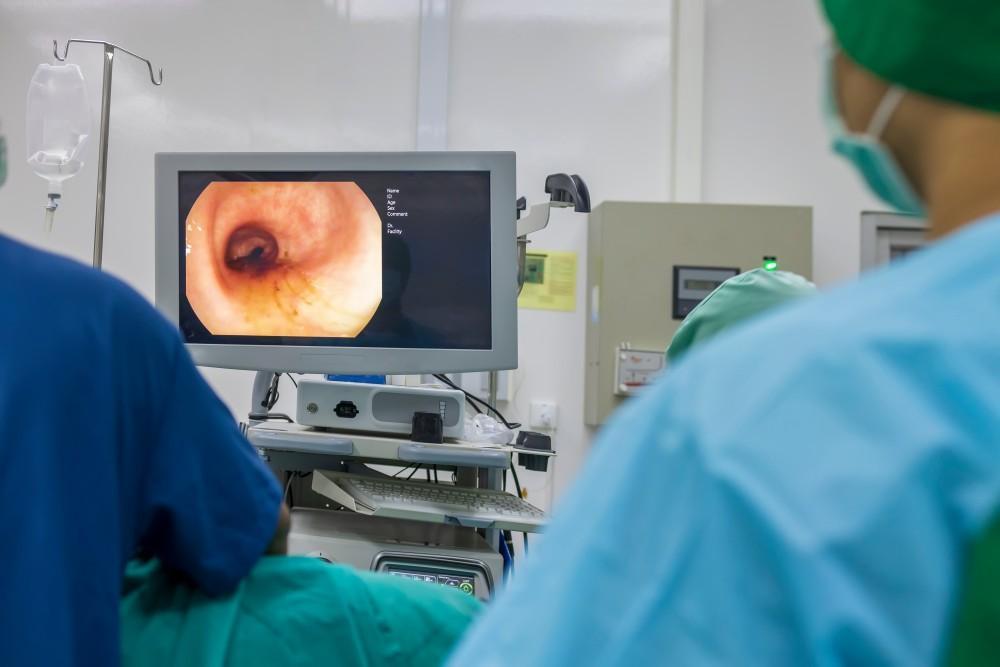
When You Should Seek Medical Attention for Your Constipation

Constipation isn't something to be embarrassed about; in fact, 16 out of 100 adults experience constipation, and this number doubles among people over 60. The symptoms of constipation usually clear up on their own, but sometimes medical intervention is needed. That begs the question: When should you go to the doctor for constipation?
Colon and Rectal Surgeons of Greater Hartford has locations in Bloomfield, South Windsor, and Plainville, Connecticut, and all of them are staffed with doctors and assistants experienced in digestive matters. Chronic or recurring constipation can put an uncomfortable hamper on your life, but it doesn't have to go untreated.
What is constipation?
Constipation is characterized by infrequent or difficult-to-pass bowel movements.
There are a number of symptoms that might accompany constipation, and many of them can be unpleasant or uncomfortable. These include:
- Hard, dry, lumpy stools
- Having bowel movements less than three times a week
- Needing to strain to pass stool (pressing on abdomen, using fingers, etc.)
- Inability to clear the rectum of stool
- Feeling "blocked up" or "full"
Constipation usually resolves itself with time, or can be alleviated using home remedies and laxatives. However, chronic or severe constipation warrants concern. It might be a sign of a deeper problem that needs medical attention.
When to seek help for constipation
If you are experiencing a severe case of constipation that doesn’t clear up on it’s own, you should visit a doctor to make sure there's not a serious issue. People with recurring constipation should also seek medical attention. Frequent digestive problems are more than just uncomfortable — they're a sign that something is wrong.
Chronic constipation can be caused by a number of underlying conditions:
Nerve and muscle issues
Nerves control muscles, and muscles control bowel contractions. If either of these functions go awry, it can be difficult to pass stool. Nerve damage can be caused by neuropathy, stroke, Parkinson's disease, spinal cord injuries, and multiple sclerosis, among many other things. The muscles might also fail to coordinate (dyssynergia), are unable to relax (anismus), or might just be weak. Conditions such as fibromyalgia, characterized by muscle pain and weakness, are also comorbid with bowel issues.
Hormone imbalances
When the hormones in your body are imbalanced, it affects your body's natural functions. Pregnancy, hypothyroidism, diabetes, and an overactive parathyroid gland can all cause hormone imbalances that lead to constipation.
Colon and rectum blockages
Blockages are some of the most common reasons for severe or recurring constipation. Anal fissures, a narrow colon, rectum bulges, cancerous tumors, and bowel obstructions can all cause blockages that prevent you from passing stool.
Preventing further problems
The primary way to avoid future cases of constipation is to exercise regularly, use the restroom often, manage stress, and eat a healthy diet with high fiber and plenty of water. What you eat directly affects your digestive system, so try to avoid foods that exacerbate constipation or digestion issues.
However, some cases of constipation require medical attention before they can clear up. If you’re constipated, and it won’t clear on its own, you can reach Colon and Rectal Surgeons of Greater Hartford by calling the location closest to you or booking an appointment online.
You Might Also Enjoy...


How a Colonoscopy Can Save Your Life

4 Signs You May Have Pilonidal Disease

Start the New Year Fresh with a Colonoscopy

5 Tips for Managing Your Crohn's Disease During the Holidays


